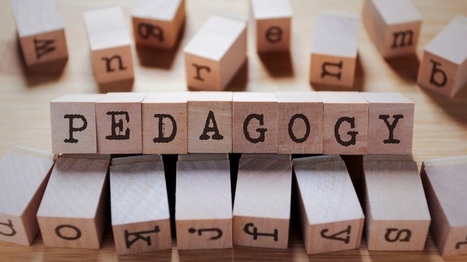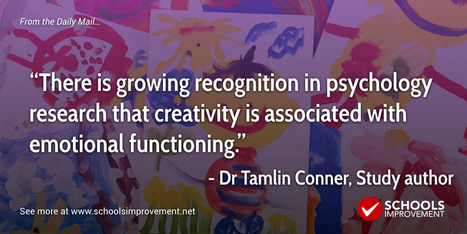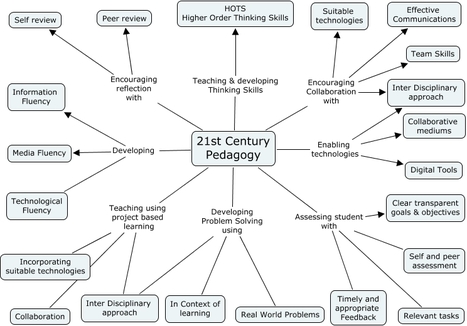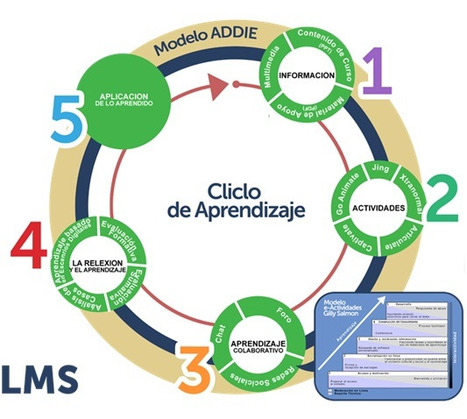At first, many faculty sought to replicate online what they normally do in a classroom. They soon discovered this was not a strategy that was practical, as not all students could access synchronous classes reliably and many had challenges, such as other siblings or parents needing access to the technology, the costs of broadband Internet access exceeding their ability to pay, or were in different time zones. Nor was it efficient.
In fact, what faculty began to discover is what has been known for some time. There is “no empirical evidence that says that classroom instruction benefits students (compared to alternatives) from a learning achievement perspective”, a finding from the Centre for the Study of Learning and Performance at Concordia University. Faculty began to experiment with personal challenges, small group work, project-based learning and the recording of short videos. They began to explore pedagogy, the science and art of instruction based on design.
Faculty sought help from colleagues with previous experience teaching online, looking for evidence for what worked in their discipline. They were inspired by examples for creative arts and music, where Zoom rehearsals and performances produced remarkable and life-changing events. Some discovered open education resources, materials, labs, videos, simulations, games, that helped them find new ways of engaging their online learners. Some truly innovative design ideas emerged, such a course on COVID-19 in which a different “angle” (epidemiology, economics, psychology, virology, politics) became the focus for each week taught by a faculty member from that discipline.
Learn more / En savoir plus / Mehr erfahren:
https://www.scoop.it/topic/21st-century-learning-and-teaching/?&tag=pedagogy
Via
Gust MEES




 Your new post is loading...
Your new post is loading...















